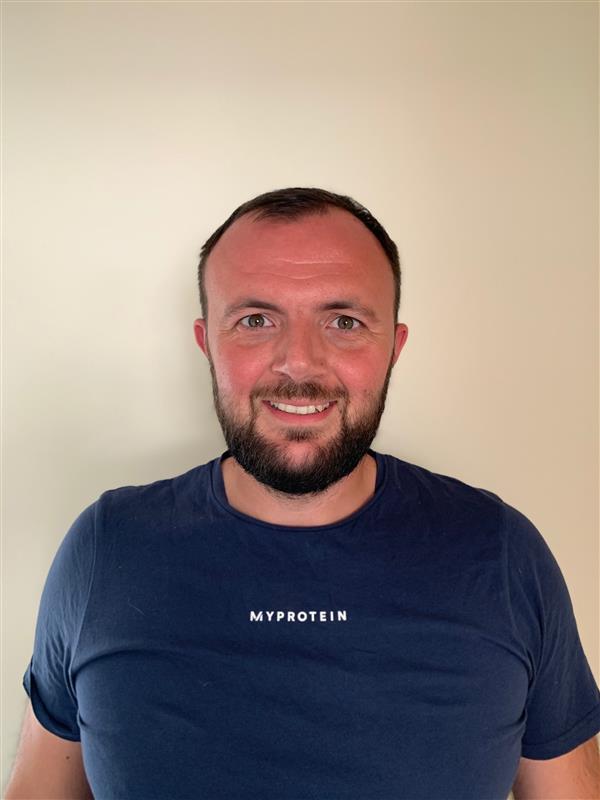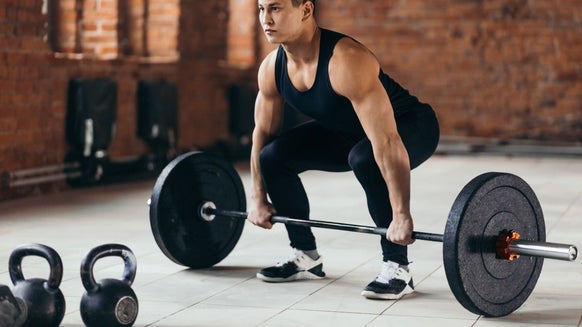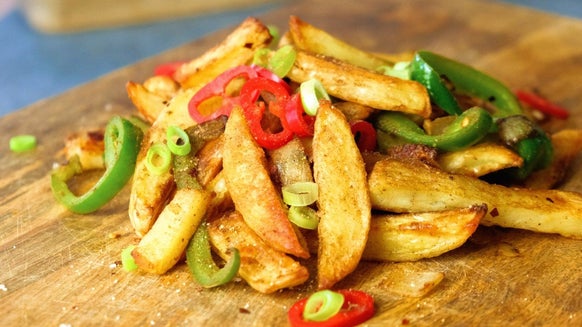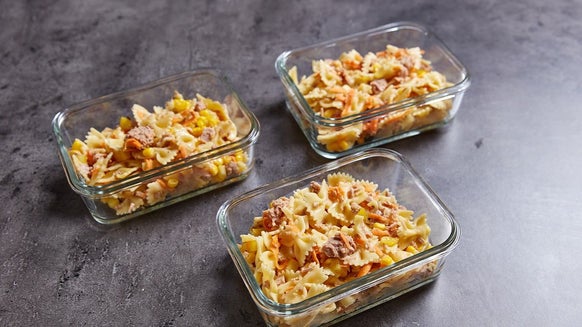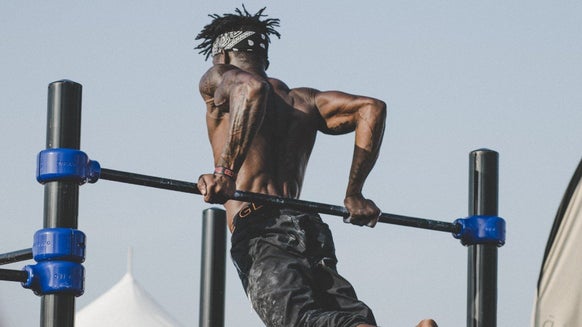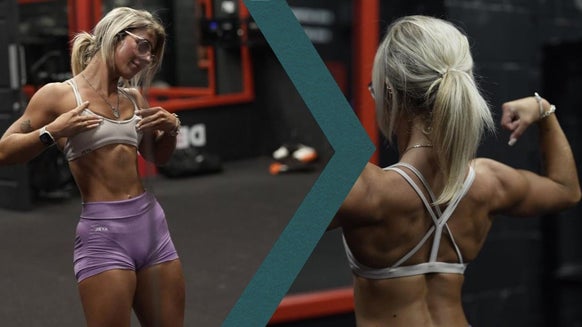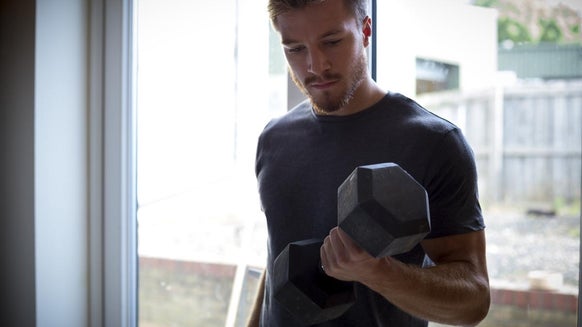Can You Handle This Gruelling 30-Day Ab Challenge?
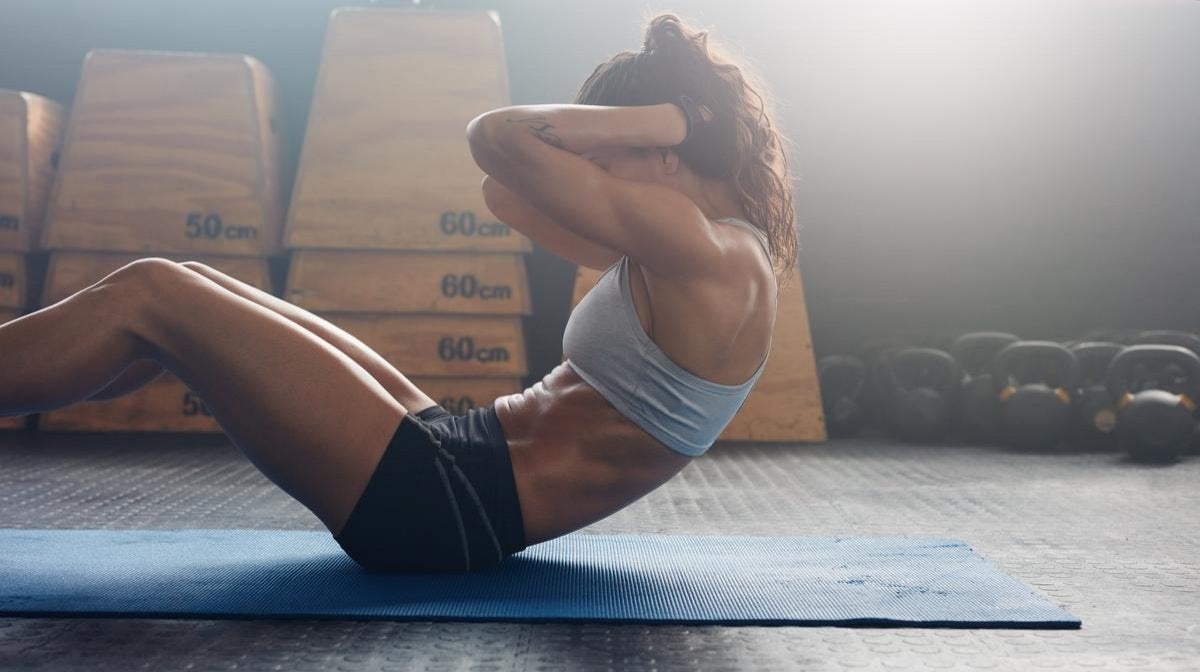
You may have your long term fitness goals, you may be waiting for the gyms to open, you might not have anything planned but have every intention of doing so. There’s no better time to start than today.
30 days is nothing in the grand scale and between day 1 and day 30 of this fitness challenge, your progression and differences will be noticeable both physically and in your appearance.
Complete this challenge to get you motivated for your longer-term goal, your feel-good factor and a great sense of achievement.
What are the benefits?
This challenge will target every muscle in your core and as the workouts get harder, bring in other muscles in the body that support your core strength. Over the 30 days, the intensity will increase, exercises will get harder and your core strength, general fitness and visible appearance will only get better.
How to do the 30-Day ab challenge
All these exercises are bodyweight only meaning no time wasted setting up equipment and minimal space needed. Regardless of your level of training, this can be achieved by anyone from beginner to advanced trainers.
The 30-Day Ab Challenge
Each workout will progressively get harder and down the line, introduce more difficult exercises to allow you to keep pushing the boundaries. Don’t skip rest days, they're important for your recovery.
Complete each day to the best of your ability and if you need to split the exercises into manageable reps then that is fine, just hit a minimum of ten and keep the rest periods short.
Day |
Exercises |
| Day 1 | 30 crunches, 20 bicycle Crunches, 10 jackknife sit-ups |
| Day 2 | 20-floor oblique crunches (10 per side), 20 Russian twists, 20 Alternate heel touches, 20-second floor sprint |
| Day 3 | 20 bicycle crunches, 20 frog sit-ups, 30 cross body crunches (15 per side), 10 Russian twists |
| Day 4 | Rest day |
| Day 5 | 10 burpees, 10 leg raises, 20-second scissor kicks, 20 tuck crunches, 20-second floor sprint |
| Day 6 | 40-floor oblique crunches(20 per side), 20 Russian twists, 40 cross body crunches (20 per side) |
| Day 7 | 30 crunches, 20 jackknife sit-ups, 30 seconds of scissor kicks, 20-second floor sprint |
| Day 8 | Rest day |
| Day 9 | 30 bicycle crunches, 15 leg raise, 10 burpees, 20 tuck crunches |
| Day 10 | 20 frog sit-ups, 10 leg raises, 10 burpees, 25 jackknife sit-ups, 30 seconds of scissor kicks |
| Day 11 | 40 crunches, 30 bicycle crunches, 30 alternate heel touches, 20-second floor sprint |
| Day 12 | Rest day |
| Day 13 | 60-floor oblique crunches (30 on each side), 45 Russian twists, 10 ski abs |
| Day 14 | 15 burpees, 20 jackknife sit-ups, 60 cross body crunches (30 on each side), 30 tuck crunches |
| Day 15 | 50 crunches, 60 Russian twists, 40 heel touchers, 60-floor oblique crunches (30 per side) |
| Day 16 | Rest day |
| Day 17 | 45 jackknife sit-ups, 40 frog sit-ups, 60 cross body crunches (30 per side), 20 ski abs |
| Day 18 | 100 crunches, 60 bicycle crunches, 20 leg raises (15 per side), 45-second floor sprint |
| Day 19 | 20 burpees, 30 seconds floor sprint, 100 crunches, 20 ski abs, 40 jackknife sit-ups |
| Day 20 | Rest day |
| Day 21 | 80 bicycle crunches, 100-floor oblique crunches (50 per side), 60 Russian twists |
| Day 22 | 50 frog sit-ups, 40 jackknife sit-ups, 25 leg raises, 60 seconds of scissor kicks, 40 tuck crunches |
| Day 23 | 1 minute of floor sprints, 20 burpees, 150 crunches,80 cross body crunches (40 on each side), 30 ski abs |
| Day 24 | Rest day |
| Day 25 | 100 bicycle crunches, 100 crunches, 100-floor oblique crunches, 30 ski abs |
| Day 26 | 60 jackknife sit-ups, 100 cross body crunches (50 per side),30 leg raises, 100 alternate heel touches, 20 burpees |
| Day 27 | 150 Crunches, 35 leg raises, 100 bicycle crunches, 100-floor oblique crunches (50 per side) |
| Day 28 | Rest day |
| Day 29 | 200 crunches, 75 Jackknife sit-ups, 75 tuck sit-ups, 50 frog sit-ups, 100 seconds of scissor kicks, 60-second floor sprint, 15 burpees |
| Day 30 | 100 bicycle crunches, 100 alternate heel touches, 100 Russian twists, 100-floor oblique crunches, 20 ski abs, 60-second floor sprints |
Correct Form
1. Crunches
Lie down on your back. Plant your feet on the floor, hip-width apart. Bend your knees and place your arms across your chest. Contract your abs and inhale. Exhale and lift your upper body, keeping your head and neck relaxed. Inhale and return to the starting position.
2.Bicycle Crunches
Lift one leg just off the ground and extend it out. Lift the opposite leg and bend your knee towards your chest. Twist through your core so the opposite arm comes towards the raised knee. Focus on moving through your core as you turn your torso.
3. Jack Knife Sit-Ups
Lie flat on your back, extending your arms straight back behind your head. Fully extend your legs. Bend at your waist and at the same time, raise your legs and arms to meet in a closed jackknife position. Try and keep your legs fully extended at between 35-45 degrees from the floor. Your arms should be fully extended, parallel to your legs. Your upper body should be raised off the floor. Return to the start position by lowering your arms and legs back to the floor, exhaling as you do so.
4. Floor Oblique Crunches
Lie on your back. Place one arm by your side and the opposite behind your ear. Do not pull your head in. Knee’s bent with your feet flat to the floor. Bring the elbow to your opposite knee and raise the shoulder blade off the floor.
5. Russian Twists
Sit on the floor with your legs bent at the knees and feet held just above the ground. Lean back so your upper body is at a 45° angle to the floor. Link your hands together in front of your chest then twist your torso from side to side. Ensure your torso is doing the twisting and not your shoulders.
6. Alternate Heel Touches
Lie on your back, keep your knees bent, arms at the sides, and keep your back and feet flat on the mat. Crunch forward and to the left, touching your left heel with your left hand and hold. Return slowly to the starting position and repeat the movement on the right side.
7. Frog Sit-Ups
Start by lying with your back flat on the floor and your legs extended in front of you. Bend your knees and bring your outer thighs to the floor as you touch the soles of your feet together. Bring your feet as close to your bum as your flexibility allows. You can place your arms across your chest or behind your head. Bring your shoulders off the floor into a crunch. Hold firm at the top for a second before lowering slowly back to the starting position.
8. Cross-Body Crunches
Lie down on your back. Bend your legs and stabilize your lower body. Place your hands behind your ears without pulling on your neck. Lift your head and shoulder blade from the ground with your elbow aiming for the opposite knee. Lower, returning to your starting point. Inhale as you lower.
9. Burpees
From standing, squat down and place your hands on the floor Jump the legs out into a press-up position. Jump your feet back to your hands, stand up and leap straight up. Add a Press-Up for increased difficulty or drop all the way to the floor with your chest.
10. L eg Raises
Lie on your back. Arms by your side or hands placed in a comfortable position for support if you require. Keeping your legs as straight as you can Raise them until the soles of your feet are facing the ceiling. Lower slowly back to the start.
11. Scissor Kicks
Lie on your back with your arms down by your sides. Lift both of your legs a few inches off the ground and separate them slightly into a “V” shape. ... Keeping both legs straight, bring your legs together and cross your right leg over the left. Continue alternating until you've completed all reps.
12. Tuck Crunches
Start by lying on your back with your feet on the ground. Knees up with your hands behind your head and elbows in. Bring your knees up towards your elbows and elbows towards your knees.
Take Home Message
You’ll feel great at the end of the challenge and kickstart your fitness journey. Compare measurements or pictures from before and after to track your progress.
